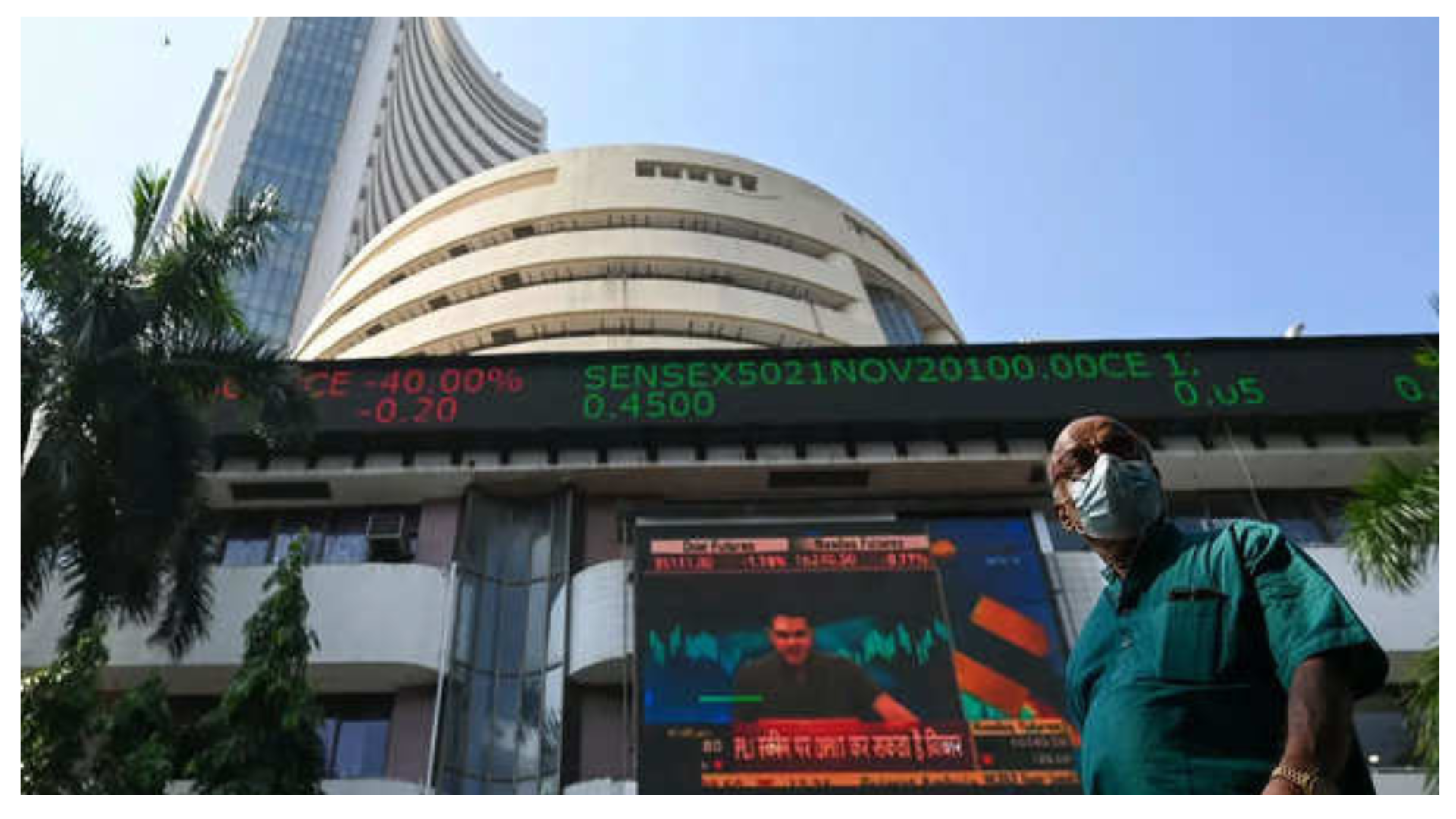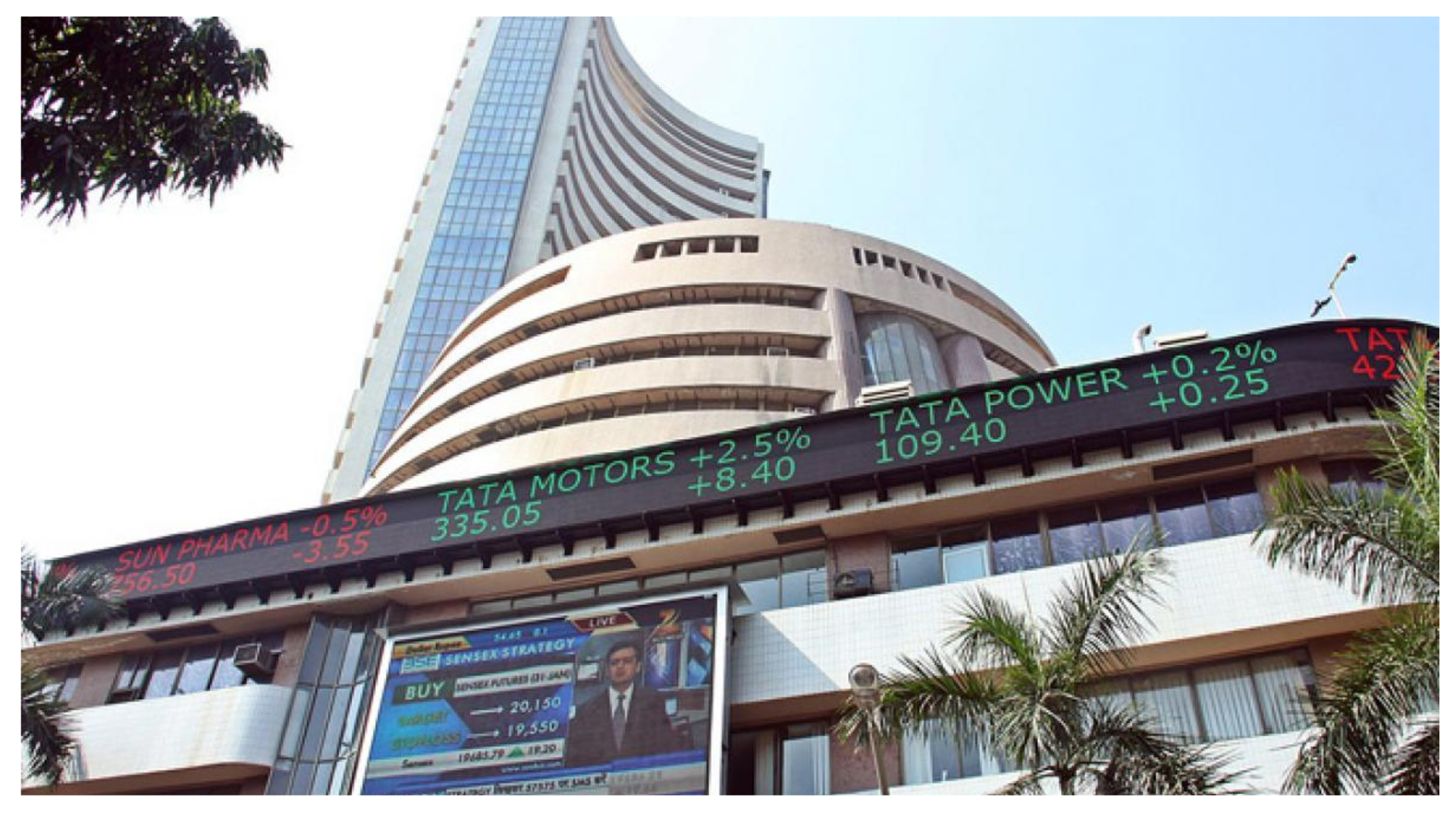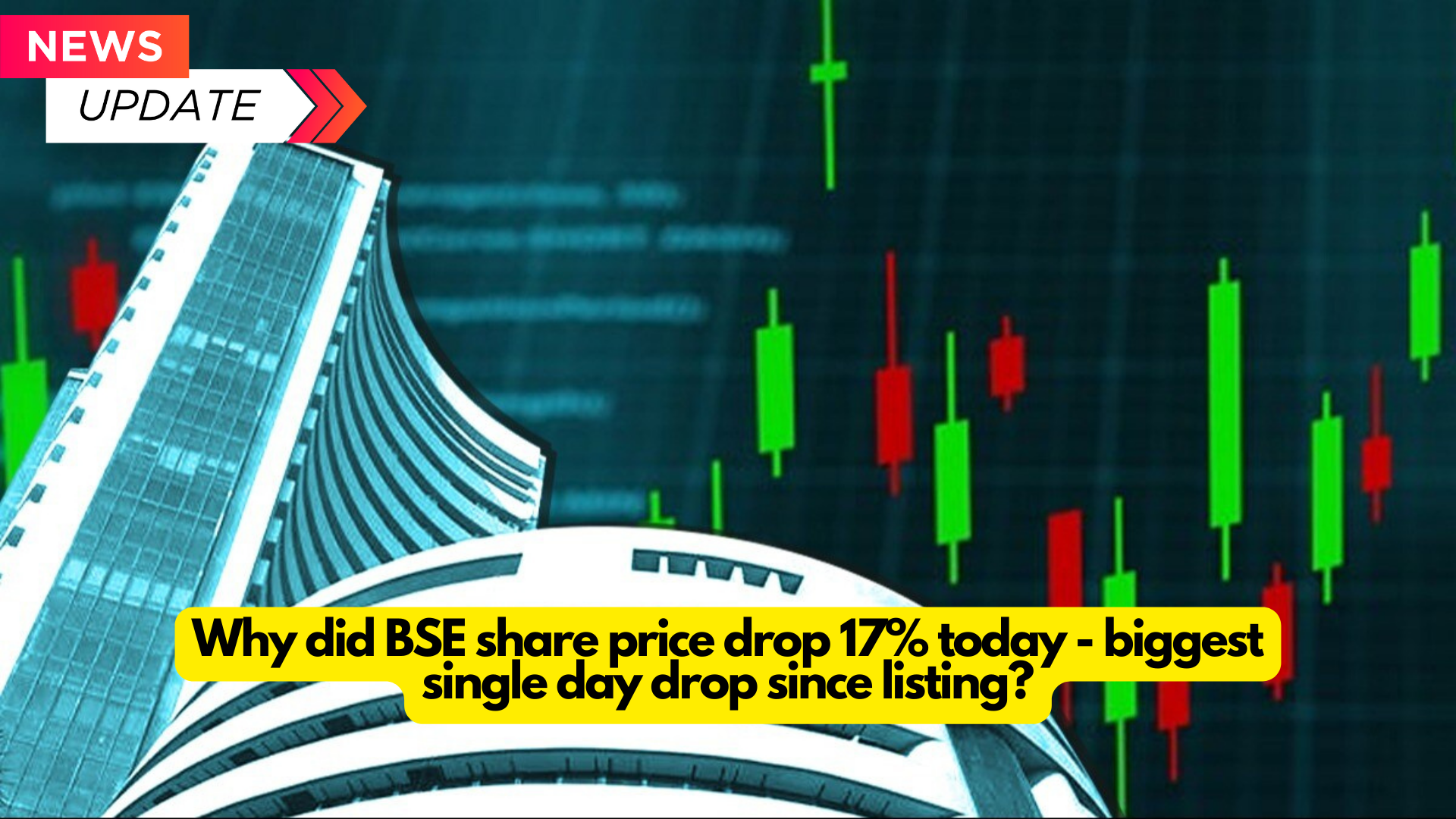The BSE share price fell more than 17% in the early trade on Monday.
Notably, this was the highest single-day decrease since listing. For futures, SEBI has urged the BSE to pay a greater regulatory charge based on notional turnover rather than premiums.
Stock Market Today: The BSE (Bombay Stock Exchange) share price fell more than 17% in early transactions on Monday. This is the largest single-day decline in share prices since listing.
The BSE share price has fallen since the market regulator SEBI (Securities and Exchange Board of India) has demanded the BSE pay a greater regulatory charge for derivatives based on notional turnover rather than premiums.
According to Jefferies India analysts, because derivatives account for around 40% of the BSE’s expected net profits in FY25 and FY26, additional fees might reduce total earnings per share by 15–18%.

Following its proposal to pay the market regulator SEBI a higher regulatory charge based on the yearly turnover estimated from the ‘notional worth’ of its option contracts, the stock was scrutinized.
According to the BSE’s announcement on the exchanges, the yearly turnover was computed using the premium value for option contracts.
The total regulatory fees, together with 15% interest, would be remitted to SEBI based on annual turnover, taking into account the “notional value” in the case of option contracts, according to a BSE announcement on the exchanges. If it is determined that the aforementioned sum is payable, the total differential SEBI regulatory fees for the previous periods, i.e., from FY 2006–07 to FY 2022–23, will be about. The BSE reported a total of ₹ 68.64 crore plus GST, including ₹ 30.34 crore in interest.

The company has paid the SEBI regulatory fee for FY 2023–24 by the due date of April 30, 2024. The charge is about ₹ 1.66 crore + GST based on premium (turnover). According to a BSE announcement, the differential SEBI regulatory fees for the year might amount to around ₹ 96.30 crore plus GST.
According to Jefferies analysts, the one-time effect of legacy arrears (from 2006–07) is Rs 165 crore plus 18% taxes, resulting in a 15% drop in earnings per share for FY24.
Given that derivatives would account for about 45% of total sales by FY27 (forecast), additional regulatory costs in the options industry might reduce overall earnings per share by 15–18% in FY25 and 26.

Also, Read-Force Motors share price slumps 5% as Q4 profit falls due to rising costs.
Nonetheless, price rises and improved premium quality may compensate for the EPS effect.
According to Jefferies India Pvt. Ltd. analysts, as derivatives volume growth continues to outpace expected price increases and premium quality improves, the EPS effect might be completely overcome. After factoring in a 15% price increase, they reduced FY25 and FY26 projections by 6–9%. Jefferies has given the shares a hold rating.



